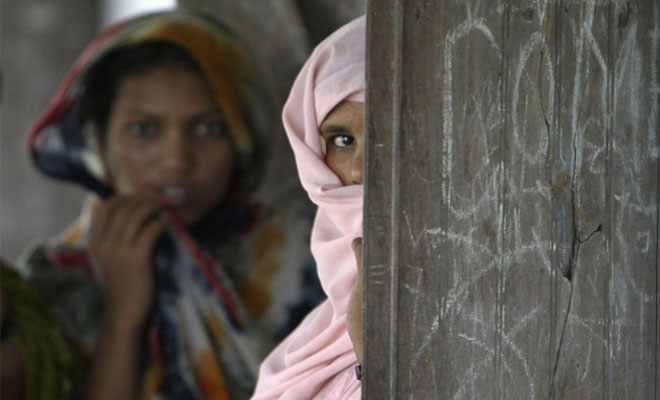
‘The burden to change society is on women’
This was revealed in an intervention study conducted by Shirkat Gah and launched by the National Commission on the Status of Women (NCSW) on Wednesday. The study identified gaps, obstacles, opportunities and possible solutions for strengthening the health governance for women’s reproductive health and rights (RHR).
The “Strengthening Governance in Health System for Reproductive Health and Rights (RHR) in Pakistan: An Intervention Case Study” is based on the findings of a four-year intervention (2014-17) carried out in six districts across four provinces of the country with support from the International Development Support Center (IDRC).
The study presents evidence-based recommendations for improved equity, community participation and government responsiveness within health governance system for women’s reproductive health and rights in the country.
NCSW Chairperson Khawar Mumtaz talked about the alarming indicators of health for women.
“The health budget has doubled and donors have also been extending aid in the health sector, especially reproductive health, but unfortunately, we fail to achieve the [desired] results,” she said.
She announced to form a committee at the NCSW which would help formulate a national framework for women’s RHR. Sharing findings of the study, Shirkat Gah Executive Director Farida Shaheed said the biggest obstacle in the way of women’s reproductive health and rights was the social mindset of people.
Call to include rural women in decision-making
“Girls are not supposed to discuss reproductive health issues. Even if reproductive health facilities are available in the locality, visiting such a facility is considered to be a source of shame, especially for girls.
Published in The Express Tribune, December 14th, 2017.

















COMMENTS
Comments are moderated and generally will be posted if they are on-topic and not abusive.
For more information, please see our Comments FAQ